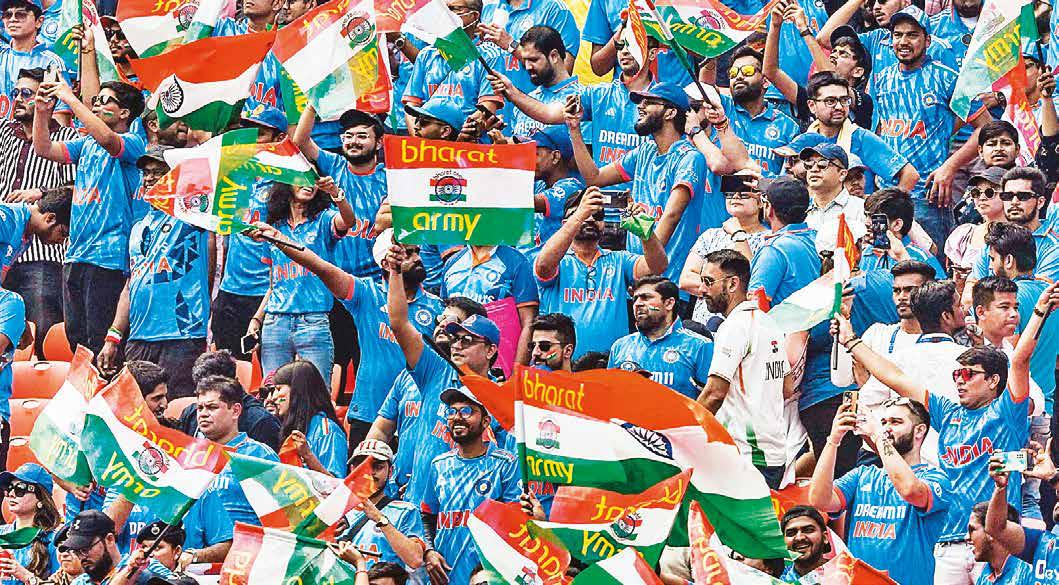
ARE names of all countries proper nouns that should be the same in all languages? This is certainly not true for all countries. Germany is known as Deutschland by all German language speakers. It is also called Allemagne in French, Alemania in Spanish and Arabic, Tyskland in Danish and Saska in Finnish. It probably has a dozen names in a dozen languages. Hungary is known as Magyarország by Hungarians, Ungarn by Germans and Magyarestan by Persian speakers. The country we know as China in English, Cheen in Hindi, Kitay in Russian, is called Zhōngguó by the Chinese people. The country we know as Japan is called Nippon by the Japanese. The list of such countries is long.
Yet, the people or governments of none of these ancient countries have complained that their names in other languages are an imposition or are a sign of colonisation. If you look at a German government document or website in the English language, the country is called Germany, just as Bharat is called India in any English language document. The point I am trying to make is that having different names in different languages is not limited to India, and this is neither a sign of colonisation nor something to be bemoaned.
Why are some Indians being small-minded about this? Names of countries with ancient civilisations have become parts of various languages over the millennia. They are not subject to limitations as ordinary proper nouns. India belongs to this select group of countries with a long history. We are called Bharat in Hindi and many Indian languages, Hindustan in Urdu and Persian, Alhind in Arabic, Inde in French, Indien in German, Yindu in Chinese, and India in English. This should be considered a privilege, one not available to newer country names like Pakistan or Bangladesh, which do not have a lot of history behind them.
This story is from the December 01, 2023 edition of Outlook.
Start your 7-day Magzter GOLD free trial to access thousands of curated premium stories, and 9,000+ magazines and newspapers.
Already a subscriber ? Sign In
This story is from the December 01, 2023 edition of Outlook.
Start your 7-day Magzter GOLD free trial to access thousands of curated premium stories, and 9,000+ magazines and newspapers.
Already a subscriber? Sign In

No Singular Self
Sudarshan Shetty's work questions the singularity of identity

Mass Killing
Genocide or not, stop the massacre of Palestinians

Passing on the Gavel
The higher judiciary must locate its own charter in the Constitution. There should not be any ambiguity

India Reads Korea
Books, comics and webtoons by Korean writers and creators-Indian enthusiasts welcome them all

The K-kraze
A chronology of how the Korean cultural wave(s) managed to sweep global audiences

Tapping Everyday Intimacies
Korean filmmaker Hong Sang-soo departs from his outsized national cinema with low-budget, chatty dramedies

Tooth and Nail
The influence of Korean cinema on Bollywood aesthetics isn't matched by engagement with its deeper themes as scene after scene of seemingly vacuous violence testify, shorn of their original context

Beyond Enemy Lines
The recent crop of films on North-South Korea relations reflects a deep-seated yearning for the reunification of Korea

Ramyeon Mogole?
How the Korean aesthetic took over the Indian market and mindspace

Old Ties, Modern Dreams
K-culture in Tamil Nadu is a very serious pursuit for many